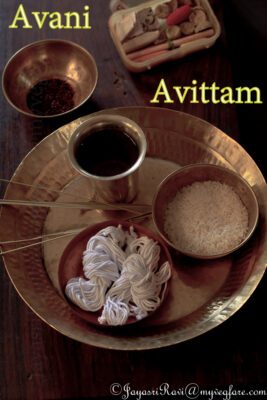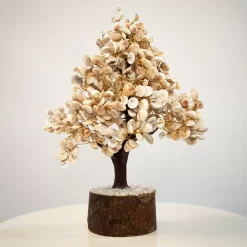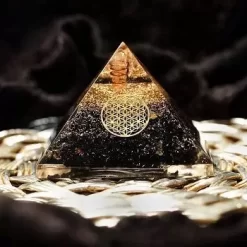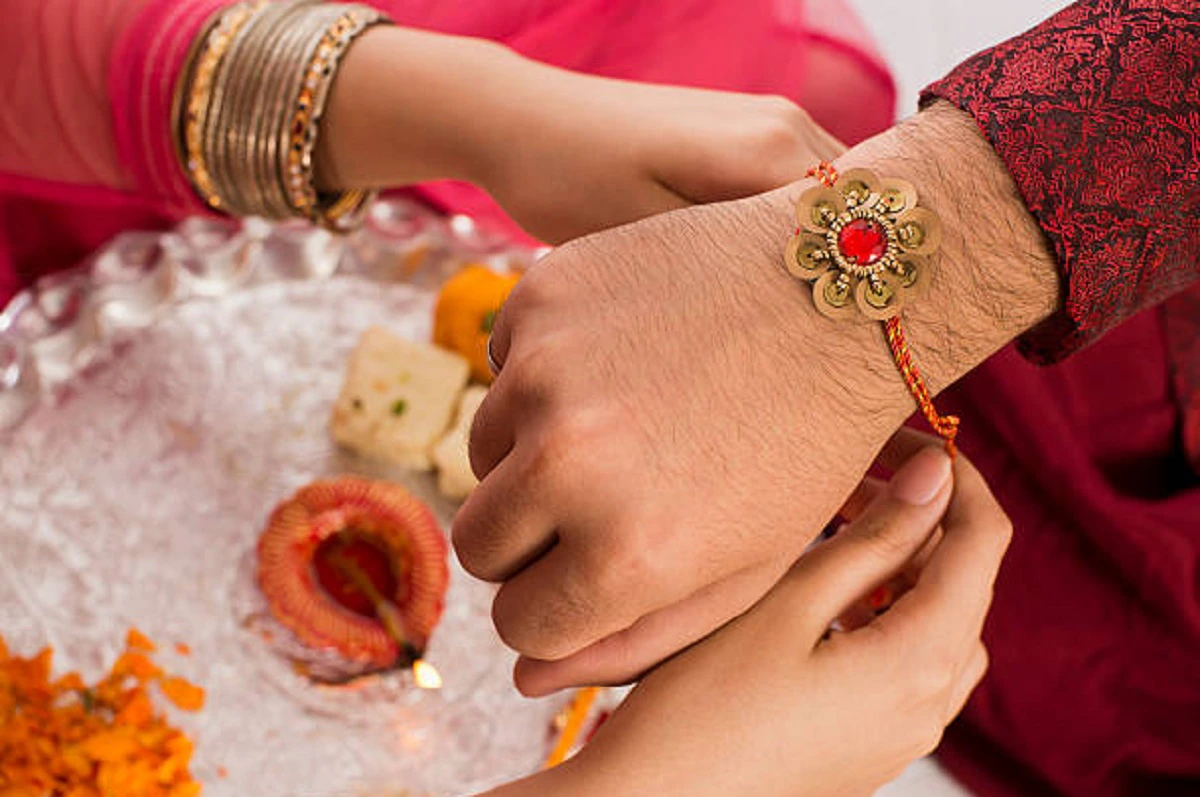
Raksha Bandhan 2024 will be celebrated on August 19th. Here are the timings relevant to the festival:
- Date: August 19, 2024 (Monday)
- Purnima Tithi Begins: 03:04 AM on August 19, 2024
- Purnima Tithi Ends: 11:55 PM on August 19, 2024
Timing for Rakhi Tying Ceremony:
The auspicious time for the Rakhi tying ceremony, known as the Raksha Bandhan muhurat, varies depending on the location and local customs. Generally, the ideal time for Rakhi tying ceremony is during the Aparahna period, which is the afternoon time according to Hindu calendar.
For Raksha Bandhan 2024, the Aparahna muhurat for Rakhi tying is from approximately 01:45 PM to 04:22 PM (local time). This period is considered highly auspicious for performing the rituals associated with Raksha Bandhan.
Note:
It’s essential to consult with local pundits or use a Hindu Panchang (calendar) to determine the exact muhurat timings for Raksha Bandhan ceremonies, as they may vary based on geographical location and regional traditions. These timings ensure that the rituals are performed at an auspicious time, maximizing the positive spiritual influence of the festival.
Why Raksha Bandhan is Celebrated ?
Raksha Bandhan is celebrated to honor the bond between brothers and sisters. Sisters tie a sacred thread (Rakhi) on their brothers’ wrists, symbolizing love and protection. It signifies siblings’ mutual affection and the promise of support and care throughout their lives. This festival holds cultural, social, and emotional significance, reinforcing family ties and celebrating the unique bond between siblings.
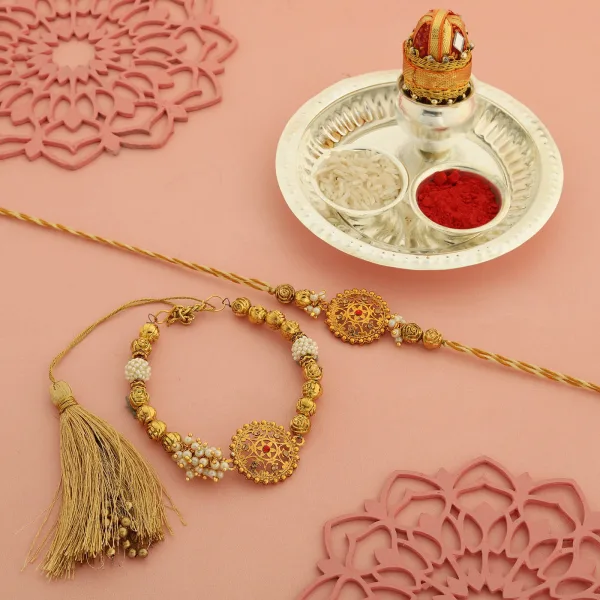
The festival of Rakhi, also known as Raksha Bandhan, stands as a vibrant celebration deeply rooted in the cultural and spiritual traditions of India. Spanning across regions and communities, Rakhi holds profound meaning as it symbolizes the unique bond of love, protection, and mutual respect between brothers and sisters. This annual observance, typically falling on the full moon day (Purnima) in the Hindu month of Shravana (July-August), transcends religious boundaries to embrace familial ties and social harmony.
Origins and Mythological Significance
The origins of Raksha Bandhan are intertwined with various mythological narratives and historical legends, each highlighting the festival’s essence of protection and devotion. One of the most revered stories from Hindu mythology recounts the bond between Lord Krishna and Draupadi, from the epic Mahabharata. Legend has it that Draupadi, in a moment of distress, tore a strip of cloth from her saree and tied it around Krishna’s wrist to staunch his bleeding. Touched by her gesture of affection and protection, Krishna vowed to safeguard Draupadi throughout her life. This tale exemplifies Rakhi’s essence as a symbol of unconditional love and divine protection.
Rituals and Traditions
The cornerstone of Raksha Bandhan is the ritual of tying the Rakhi, a sacred thread, around the brother’s wrist by the sister. This thread, often embellished with intricate designs and auspicious motifs, signifies the sister’s prayers for her brother’s well-being and prosperity. The ceremony is accompanied by prayers and hymns invoking blessings from the divine for the brother’s longevity and success. In return, the brother pledges to protect and support his sister under all circumstances, affirming their bond of trust and companionship.
The Rakhi tying ceremony is often preceded by traditional rituals such as the purification of the Rakhi thread with holy water and the application of vermilion and rice grains on the brother’s forehead, symbolizing auspiciousness and blessings. Family members gather together to witness and participate in these rituals, fostering a sense of unity and familial harmony.
Symbolism and Meaning
At its core, Raksha Bandhan embodies profound symbolism that transcends familial relationships:
- Bond of Protection: The Rakhi thread symbolizes the protective bond that brothers pledge to their sisters, promising to shield them from harm and adversity.
- Expression of Love: It serves as a tangible expression of love, care, and affection between siblings, reinforcing the emotional connection that binds them together.
- Renewal of Sibling Vows: Raksha Bandhan is also a time for siblings to reaffirm their vows of support, understanding, and mutual respect, strengthening their relationship.
Rakhi Festival Celebration

Cultural Significance
Beyond its religious and mythological roots, Raksha Bandhan holds immense cultural significance in India and among the Indian diaspora worldwide. It serves as a testament to the enduring values of familial duty, loyalty, and camaraderie. The festival transcends religious affiliations, as people of diverse faiths partake in its festivities, underscoring its role in promoting communal harmony and unity.
Regional Variations and Customs
While Raksha Bandhan is celebrated across India, the customs and traditions associated with the festival exhibit regional diversity and uniqueness. In some regions, sisters tie Rakhi to not just their brothers but also to other male relatives, such as cousins and close family friends, symbolizing broader bonds of protection and kinship. In certain communities, Raksha Bandhan coincides with specific cultural practices and rituals, adding layers of regional flavor to the festivities.
Contemporary Relevance
In contemporary times, Raksha Bandhan continues to resonate deeply with individuals and families, serving as an occasion to cherish cherished memories and create new ones. It is a time for siblings separated by geographical distances to reunite and celebrate their bond, exchanging gifts and sharing nostalgic moments. The festival’s enduring appeal lies in its ability to transcend generational boundaries, uniting young and old alike in a shared celebration of love and togetherness.
Social and Ethical Dimensions
Raksha Bandhan also holds ethical implications, advocating for the empowerment and protection of women. Beyond its traditional symbolism, the festival underscores the importance of gender equality and respect for women’s rights, encouraging a more inclusive and equitable society.
On Raksha Bandhan, in addition to the central ritual of tying the Rakhi, there are several other significant pujas and rituals observed across different regions of India. These additional pujas enhance the spiritual significance of the festival and add depth to its cultural traditions:
1. Pooja of Lord Krishna and Draupadi (Shri Krishna Poojan)
In many households, especially in regions associated with the worship of Lord Krishna, special prayers and rituals are performed on Raksha Bandhan. This includes:
- Krishna Janmashtami Preparation: As Raksha Bandhan falls close to Krishna Janmashtami (Lord Krishna’s birthday), devotees prepare for the upcoming festival by decorating idols of Krishna and offering special prayers.
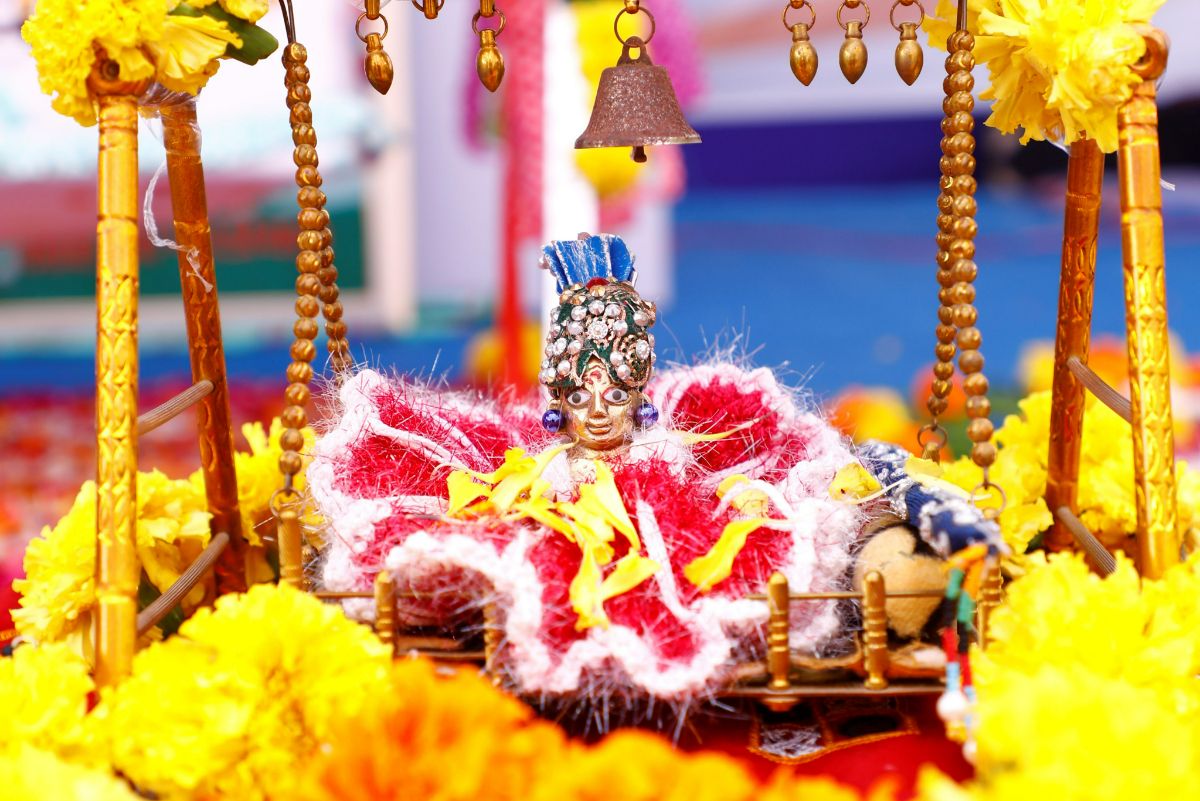
2. Pooja of Yama and Yamuna
In some parts of North India, particularly in states like Uttar Pradesh and Bihar, Raksha Bandhan is associated with the worship of Yama (the god of death) and Yamuna (the river goddess). This tradition involves:
- Offerings to Yama: Families prepare special offerings and prayers for Yama to seek his blessings for longevity and protection from untimely death.
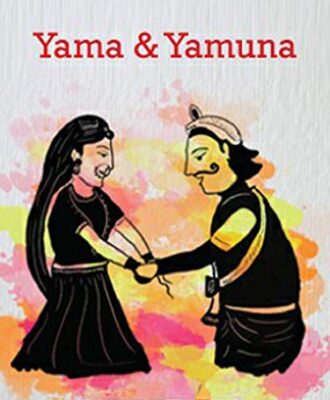
The Pooja of Yama (the god of death) and Yamuna (the river goddess) is performed to seek blessings for longevity, protection from untimely death, and overall well-being of family members.
3. Narali Purnima or Coconut Festival
In Maharashtra and coastal regions, Raksha Bandhan is celebrated as Narali Purnima. This day marks the beginning of the fishing season, and rituals include:
- Offerings to Sea God: Fishermen and coastal communities offer coconuts to Varuna, the sea god, seeking his blessings for a prosperous fishing season and protection during sea voyages.

4. Avani Avittam or Upakarma
In South India, particularly among Brahmins, Raksha Bandhan coincides with Avani Avittam or Upakarma, a day of ritualistic significance for changing sacred threads (Yajnopavita). This day involves:
- Vedic Rituals: Brahmins perform sacred rites, including recitations from the Vedas and changing their sacred threads, signifying renewal and spiritual growth.
